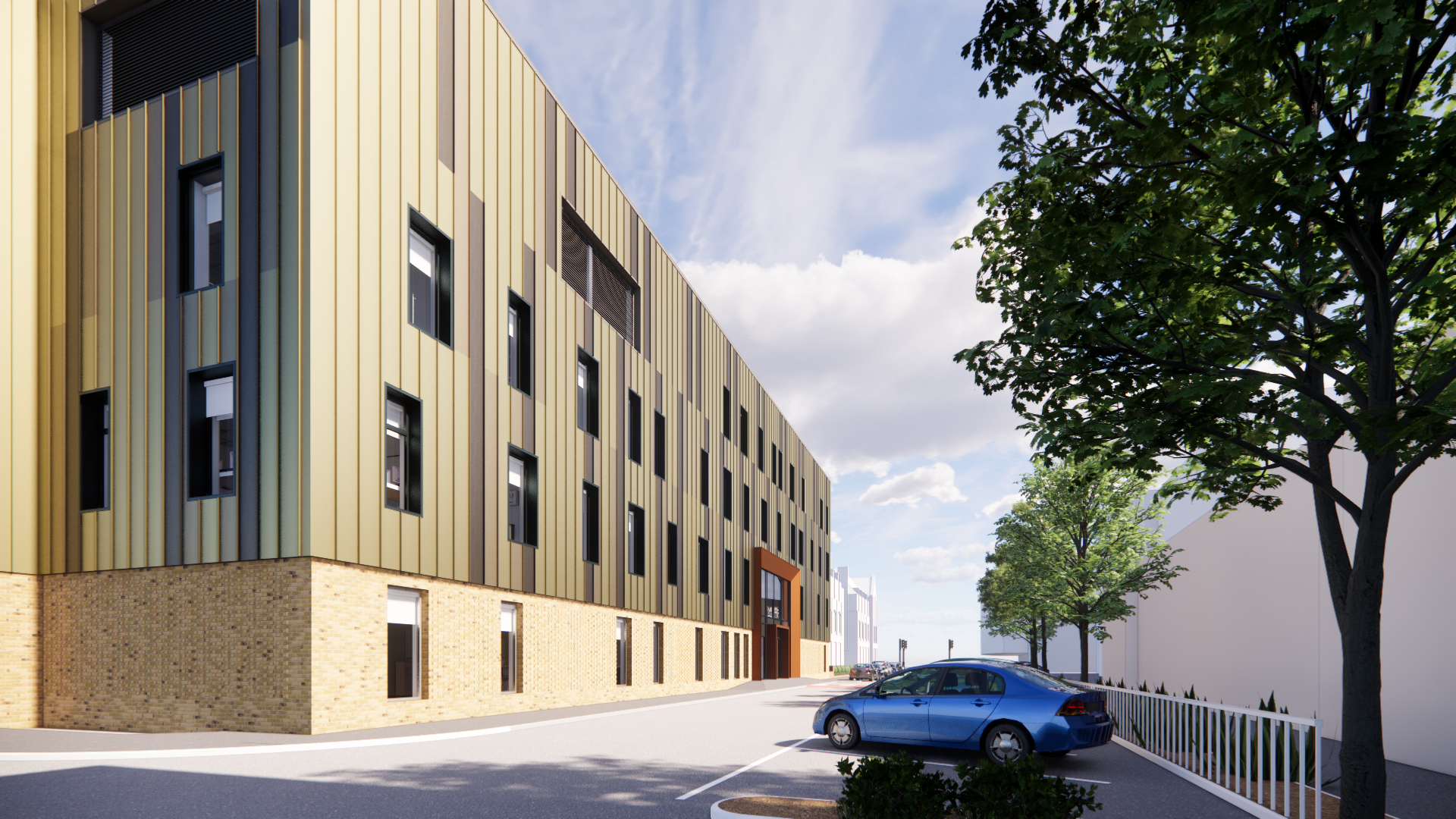Premier Modular to deliver outpatient unit at King's College Hospital, London

The increased use of offsite construction methods within the health sector continues with news that Premier Modular has been awarded a £21m contract to build new outpatient facilities at King’s College Hospital, London.
The 3,450sq m, four-storey scheme is Premier’s largest single healthcare project in its 65-year history.
Constructed offsite, this large-scale building will enable King’s College Hospital NHS Foundation Trust to free up space within the main hospital to help reduce waiting times and improve the patient experience for urgent care services.
As main contractor, Premier will be leading the project team, which also includes delivery partner, Claritas, P+HS Architects, and M&E specialist, TClarke.
Awarded under the Crown Commercial Service modular buildings framework, the project follows the team’s successful delivery of a £10m contract for the offsite construction of a 62-bed priority assessment unit at St Peter’s Hospital in Chertsey.
Offsite construction is safer, quieter, and cleaner than in-situ construction, which will radically reduce disruption during the build phase to staff and patients, and the surrounding residential community
The new outpatient services building at King’s College Hospital will provide 48 purpose-designed consultation rooms and eight procedure rooms for a range of services, including dermatology, rheumatology, respiratory, neurosciences, pain management, and urology, as well as other aspects of surgery and therapies.
Dan Allison, divisional director at Premier Modular, said: “The use of an offsite solution for this project will ensure faster delivery and earlier occupation, to the benefit of patient care.
“Offsite construction is safer, quieter, and cleaner than in-situ construction, which will radically reduce disruption during the build phase to staff and patients, and the surrounding residential community.
“This type of building solution is also enormously beneficial on restricted hospital sites such as this, reducing the amount of plant, materials, and vehicle movements to site by undertaking as much work in the factory as we can.”
The new building has access roads to three sides and is immediately adjacent to the Normanby Building.
Stephen Hatcher, associate at P+HS Architects, said: “The building is designed to minimise impact on the environment over its life and is targeting a BREEAM ‘excellent’ rating.
“It will have areas of green roof to encourage biodiversity, a highly-insulated building fabric to reduce heat loss and running costs, energy-efficient ventilation, an electric air source heat pump system for heating, and solar panels for electricity generation.”
This type of building solution is also enormously beneficial on restricted hospital sites such as this, reducing the amount of plant, materials, and vehicle movements to site by undertaking as much work in the factory as we can
The façade design will be contemporary and was informed by the existing buildings on the hospital campus.
A double-height feature entrance will provide visibility externally and allow high levels of natural light for the reception and waiting area.
And, developed in collaboration with clinicians and patient representatives, the interior design will be crisp and modern, while assisting patients with sensory needs.
To maintain patient flows, the new facility will be linked to the Normanby Building at ground-floor level.
Premier Modular is providing a full turnkey construction package for this project, including engagement with the clinical team at the design stages, development of a highly-sustainable M&E strategy, demolition of an existing building on the site, groundworks, offsite manufacture, module installation, and fitting out.